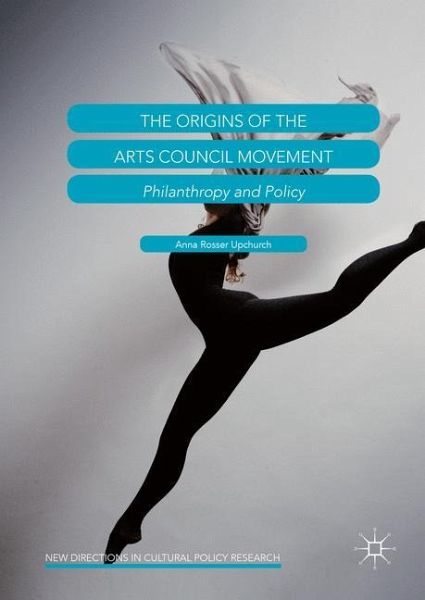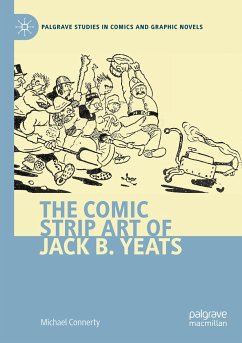
The Origins of the Arts Council Movement
Philanthropy and Policy

PAYBACK Punkte
49 °P sammeln!
This important new book offers an intellectual history of the 'arts council' policy model, identifying and exploring the ideas embedded in the model and actions of intellectuals, philanthropists and wealthy aesthetes in its establishment in the mid-twentieth century. The book examines the history of arts advocacy for national arts policies in the UK, Canada and the USA, offering an interdisciplinary approach that combines social and intellectual history, political philosophy and literary analysis. The book has much to offer academics, cultural policy and management students, artists, arts mana...
This important new book offers an intellectual history of the 'arts council' policy model, identifying and exploring the ideas embedded in the model and actions of intellectuals, philanthropists and wealthy aesthetes in its establishment in the mid-twentieth century. The book examines the history of arts advocacy for national arts policies in the UK, Canada and the USA, offering an interdisciplinary approach that combines social and intellectual history, political philosophy and literary analysis. The book has much to offer academics, cultural policy and management students, artists, arts managers, arts advocates, cultural policymakers and anyone interested in the history and current moment of public arts funding in the West.












